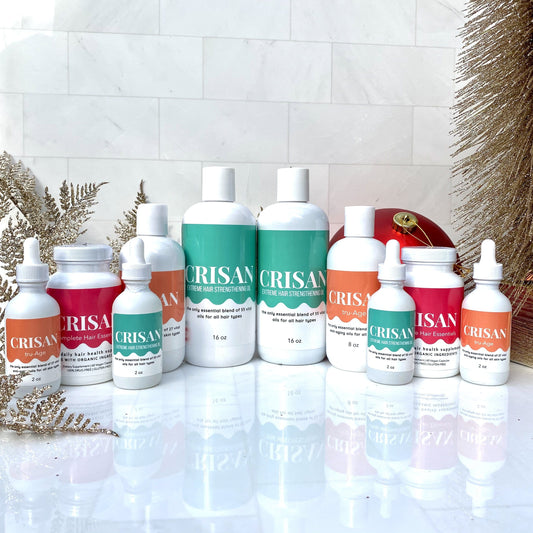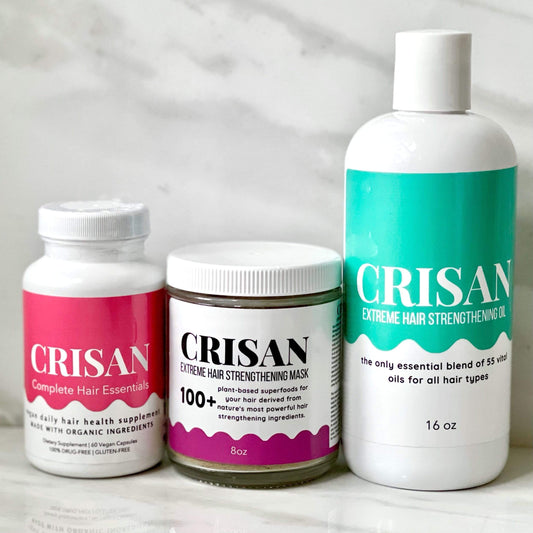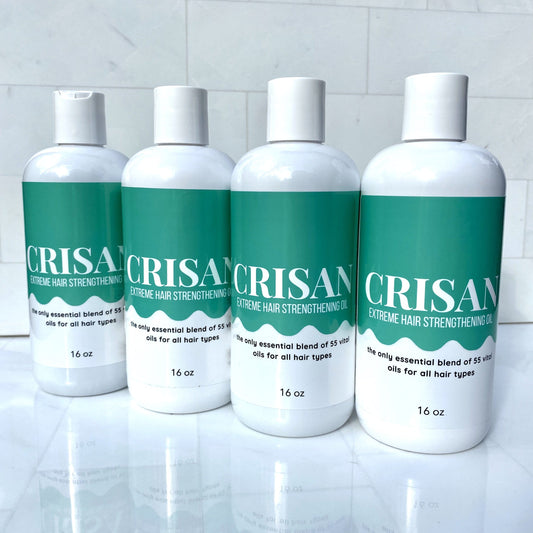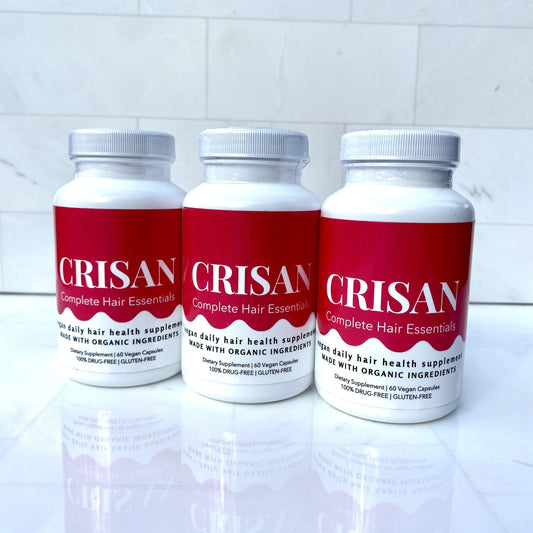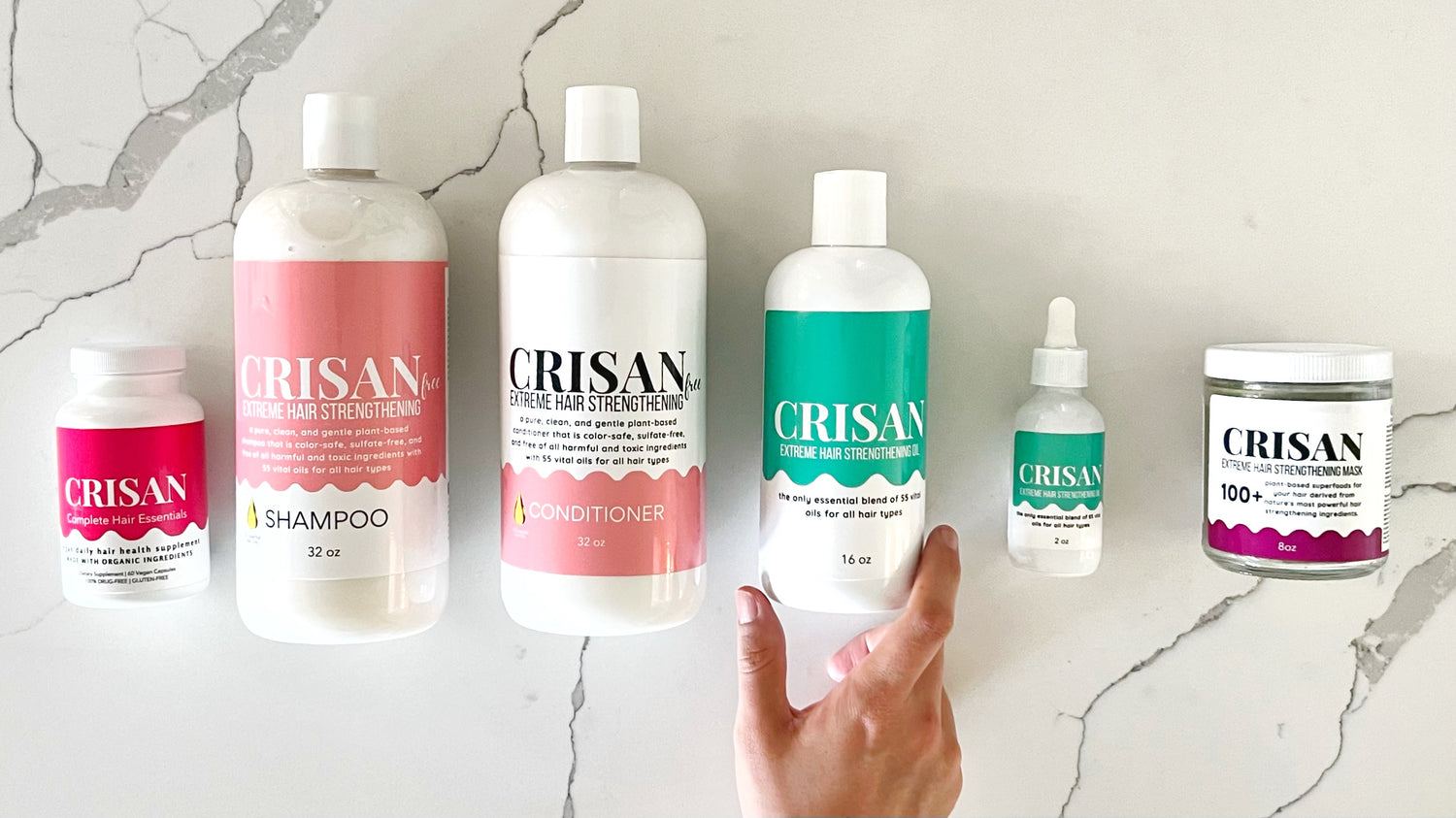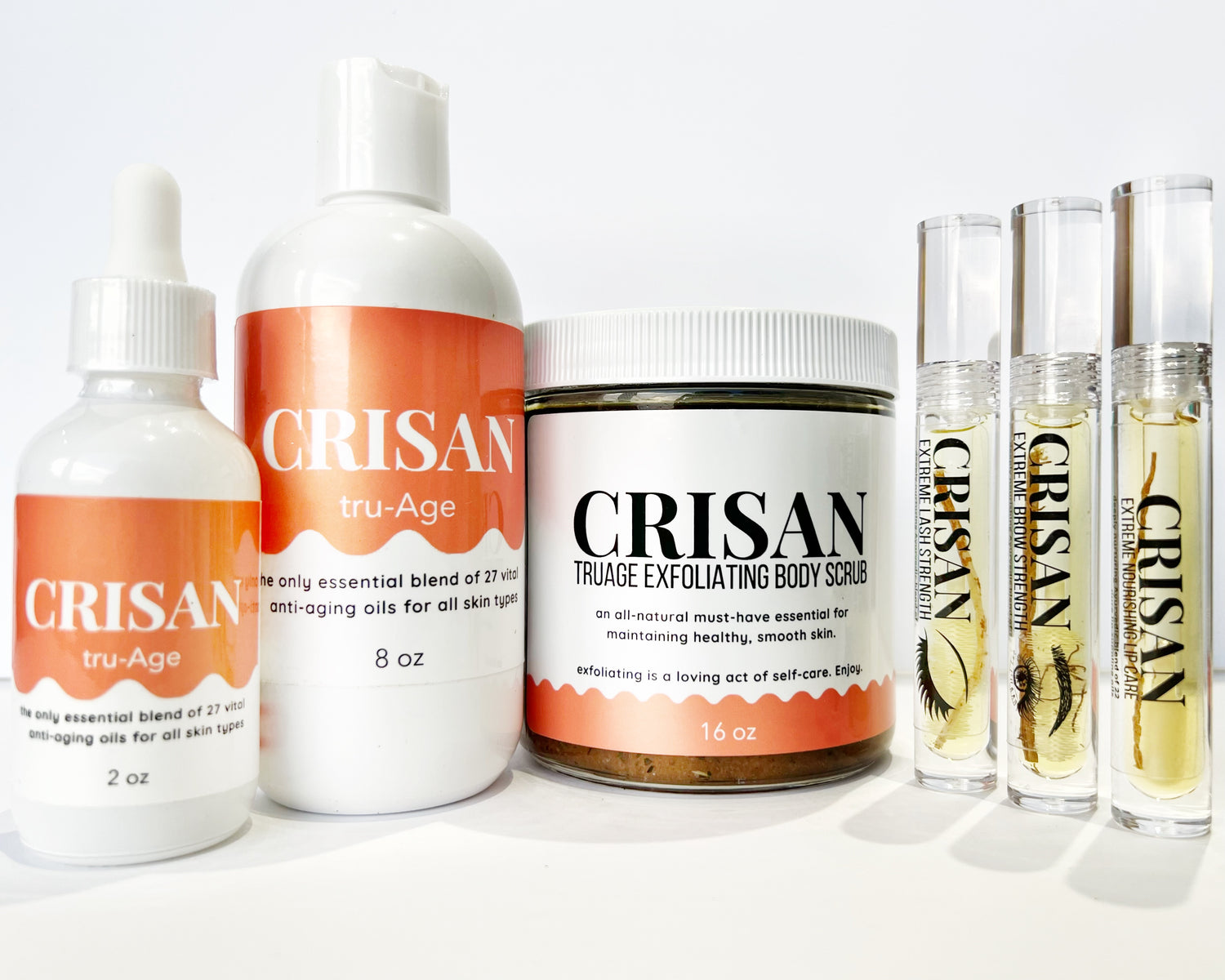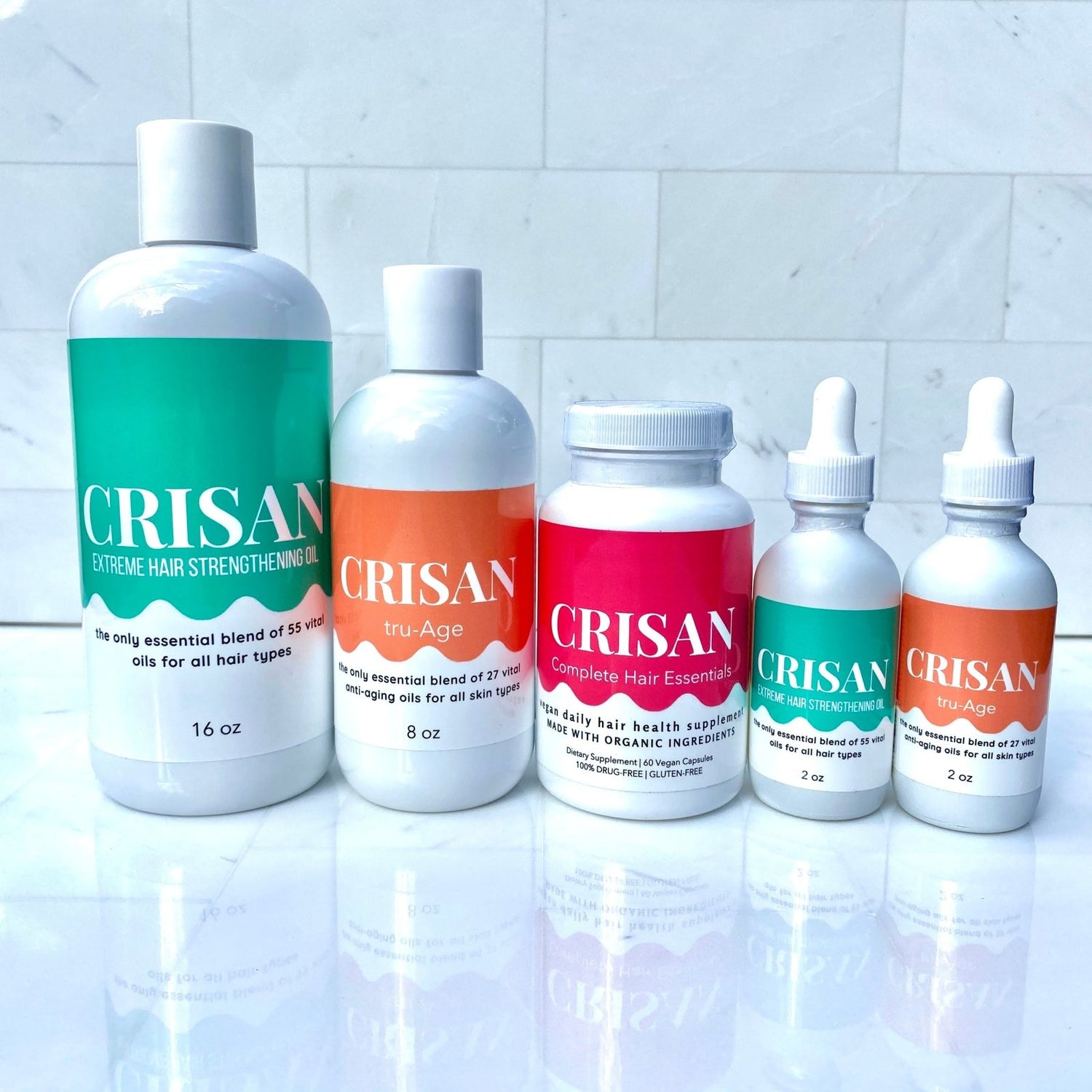Hair thinning can be a distressing experience, but there are natural ways to help your hair grow stronger and healthier. This article explores various remedies, from essential oils to lifestyle changes, that can make a big difference.
Key Takeaways
- Understanding the root causes of hair thinning is crucial for effective treatment.
- A balanced diet rich in vitamins and minerals supports healthy hair growth.
- Natural oils like coconut, rosemary, and pumpkin seed oil can improve hair thickness.
- Herbal remedies such as amla, shikakai, and green tea have been traditionally used to combat hair thinning.
- Incorporating scalp massages and healthy lifestyle changes can significantly enhance hair health.
Understanding the Causes of Hair Thinning
Hair thinning can be a distressing experience, affecting both men and women. Understanding the underlying causes is the first step towards finding an effective solution. Here, we explore some common reasons behind hair thinning.
Common Medical Conditions
Certain medical conditions can lead to hair thinning. For instance, alopecia areata is an autoimmune disorder that causes patchy hair loss. Other conditions like thyroid disorders and scalp infections can also contribute to hair thinning.
Nutritional Deficiencies
A lack of essential nutrients can weaken hair strands and slow down growth. Deficiencies in vitamins like B12, D, and minerals such as iron and zinc are often linked to hair thinning. Ensuring a balanced diet can help mitigate this issue.
Hormonal Imbalances
Hormonal changes, especially those related to pregnancy, menopause, or thyroid issues, can significantly impact hair health. Conditions like polycystic ovary syndrome (PCOS) can also lead to hair thinning.
If you're experiencing significant hair loss, it's crucial to consult a healthcare provider to identify the root cause and explore appropriate treatments.
The Role of Nutrition in Hair Health
Essential Vitamins and Minerals
A balanced diet rich in vitamins, minerals, and proteins nourishes hair follicles from within. Micronutrients are major elements in the normal hair follicle cycle, playing a role in cellular turnover. Replenishing iron, vitamin D, and B12 can help. You can incorporate these by eating more foods like leafy greens, eggs, nuts, and fish.
Foods That Promote Hair Growth
So, what nutrients do you need for a healthy head of hair? Here are some of the most important vitamins and nutrients:
- Vitamin A
- Vitamin B
- Vitamin C
- Vitamin D
- Vitamin E
- Iron
- Selenium
- Zinc
Hydration and Hair Health
Staying hydrated is crucial for overall health, including your hair. Drinking enough water helps maintain the moisture balance in your hair, making it look shinier and more vibrant. Aim for at least 8 glasses of water a day to keep your hair and scalp hydrated.
Vitamin C aids the absorption of iron, so if your hair condition is caused by low iron levels, including foods high in vitamin C and iron is a useful strategy.
Effective Natural Oils for Hair Thinning
Coconut Oil
Coconut oil is a popular choice for those dealing with hair thinning. Rich in fatty acids, it helps nourish the scalp and strengthen hair. To use, warm a small amount in your hands and massage it into your scalp. Leave it on for at least 30 minutes before washing it out. This can help improve scalp health and promote hair growth.
Rosemary Oil
Rosemary oil is known for its ability to stimulate hair growth. It can be mixed with a carrier oil like coconut or olive oil. Apply the mixture to your scalp and leave it on for about an hour before rinsing. This oil is particularly effective in improving blood circulation to the scalp, which can help prevent hair thinning.
Pumpkin Seed Oil
Pumpkin seed oil is another excellent option for combating hair thinning. It contains phytosterols that can block hormones causing hair loss. To use, apply a few drops to your scalp and massage it in. Leave it on for at least 20 minutes before washing it out. Regular use can help thicken hair and reduce hair loss.
Using natural oils can be a gentle and effective way to address hair thinning. They not only nourish the scalp but also strengthen the hair, making it less prone to breakage.
For those wondering how to use organic essential oils for hair thinning, these oils can be a great addition to your hair care routine. They offer a natural way to improve scalp health and promote hair growth.
Herbal Remedies to Combat Hair Thinning
Amla (Indian Gooseberry)
Amla, also known as Indian Gooseberry, is a powerful herb for hair health. It is rich in vitamin C and antioxidants, which help strengthen hair follicles and promote growth. Using amla regularly can improve scalp health and reduce hair thinning. You can use amla powder as a shampoo or mix it with oil for a nourishing hair treatment.
Shikakai
Shikakai is another effective organic hair treatment for hair loss. This herb is known for its gentle cleansing properties and is often used as a natural shampoo. Shikakai helps maintain the natural oils of the scalp, preventing dryness and promoting hair growth. How to use organic herbs for hair thinning? Simply make a paste with water and apply it to your scalp and hair.
Green Tea
Green tea is not just a healthy beverage; it also has benefits for your hair. The antioxidants in green tea can help stimulate hair growth and prevent hair thinning. You can rinse your hair with cooled green tea or use green tea extracts in your hair care routine. This herbal remedy promotes scalp health and hair growth naturally.
For those wondering how to strengthen thinning hair with organic remedies, incorporating these herbs into your routine can make a significant difference.
The Benefits of Scalp Massage
Improving Blood Circulation
Scalp massages are known to boost blood flow to the scalp. This increased circulation can help deliver more nutrients and oxygen to hair follicles, which may support hair growth. According to some research, scalp massages support hair health and growth. This simple technique can also help relieve stress and tension, which are common contributors to hair loss.
Techniques for Scalp Massage
To massage your scalp, use your fingertips, not your fingernails. Move your way across your scalp in small circles, applying light to medium pressure. There’s no specific amount of time to massage, but a 2019 study showed that daily 4-minute massages over 24 weeks improved hair growth and scalp health.
Using Essential Oils During Massage
Adding essential oils like rosemary, peppermint, or lavender to your scalp massage can enhance the benefits. These oils can improve blood circulation, strengthen hair follicles, and remove dead skin cells. Always dilute essential oils with a carrier oil before applying them to your scalp.
Scalp massages are an appealing hair-growth treatment. They don’t involve pills or injections, and they feel good. They also lower stress hormones, like cortisol, which can help reduce hair loss.
Lifestyle Changes to Support Hair Growth
Managing Stress
Stress can be a major factor in hair thinning. Finding ways to manage stress is crucial for maintaining healthy hair. Techniques such as meditation, yoga, and other relaxation methods can help reduce stress levels. Getting plenty of sleep is also essential for overall well-being and hair health.
Avoiding Harmful Hair Practices
Certain hair practices can cause damage and lead to hair thinning. Avoid using harsh styling products and heat treatments like blow-dryers, straightening irons, and curling irons. It's also important to limit the use of bleach, relaxers, and hair dyes. When your hair is wet, avoid brushing it or using plastic or rubber hair ties, as this can cause breakage.
Regular Exercise
Regular physical activity not only benefits your overall health but also promotes hair growth. Exercise improves blood circulation, which helps deliver essential nutrients to your hair follicles. Aim for at least 30 minutes of moderate exercise most days of the week to support healthy hair growth.
Making small lifestyle changes can have a big impact on your hair health. By managing stress, avoiding harmful hair practices, and staying active, you can support your hair's natural growth and vitality.
When to Seek Professional Help
Identifying Severe Hair Loss
If you notice sudden or severe hair loss, it might be a sign of a serious health issue. It's important to act quickly if you see large clumps of hair falling out or if your hair is thinning rapidly. This could be due to an underlying medical condition that needs attention.
Consulting a Dermatologist
A dermatologist can help you understand the cause of your hair loss and suggest treatments. They can also check for any skin conditions that might be affecting your scalp. If you're thinking about taking herbal extracts or supplements, talk to your doctor first.
Exploring Medical Treatments
There are various medical treatments available for hair loss, including medications and therapies. A healthcare professional can guide you through the options and help you choose the best one for your needs. Sometimes, treating the underlying issue can help your hair grow back naturally.
Hair loss can be frustrating and affect your self-esteem. You may also want to ask your clinician for a referral to a therapist or support group to address emotional difficulties.
Sometimes, it's hard to know when to ask for help. If you're feeling overwhelmed or unsure, it's okay to reach out. Professional guidance can make a big difference. Don't wait until things get worse. Visit our website to learn more about how we can support you.
Conclusion
Hair thinning can be a challenging experience, but there are many natural remedies that can help. From coconut oil to rosemary oil, and even simple scalp massages, these treatments can promote healthier, thicker hair. Remember, everyone's hair is different, so what works for one person might not work for another. It's important to be patient and consistent with your chosen remedy. If you don't see results, don't hesitate to consult a healthcare professional for further advice. Taking care of your hair is a journey, and with the right approach, you can find what works best for you.
Frequently Asked Questions
What are the best natural remedies for hair growth?
Some of the best natural remedies for hair growth include using coconut oil, rosemary oil, and pumpkin seed oil. These oils can be massaged into the scalp to promote hair health.
How can I improve my hair health through nutrition?
Eating a balanced diet rich in essential vitamins and minerals, such as vitamins A, B, C, D, and E, as well as iron and zinc, can improve hair health. Foods like leafy greens, nuts, and fish are great choices.
What are some effective herbal remedies for hair thinning?
Herbal remedies like amla (Indian gooseberry), shikakai, and green tea can help combat hair thinning. These can be used in various forms, such as powders, teas, or hair masks.
How does scalp massage benefit hair growth?
Scalp massage improves blood circulation to the hair follicles, which can promote hair growth. Using essential oils during the massage can enhance the benefits.
When should I seek professional help for hair thinning?
If you notice severe hair loss or other symptoms like scalp irritation, it's best to consult a dermatologist. They can provide medical treatments and identify underlying causes.
What lifestyle changes can support hair growth?
Managing stress, avoiding harmful hair practices, and engaging in regular exercise can support hair growth. These changes help create a healthier environment for your hair to thrive.

